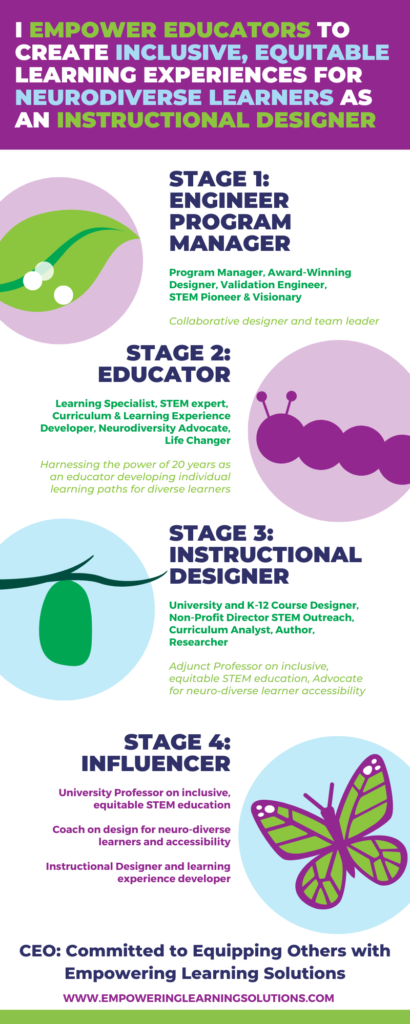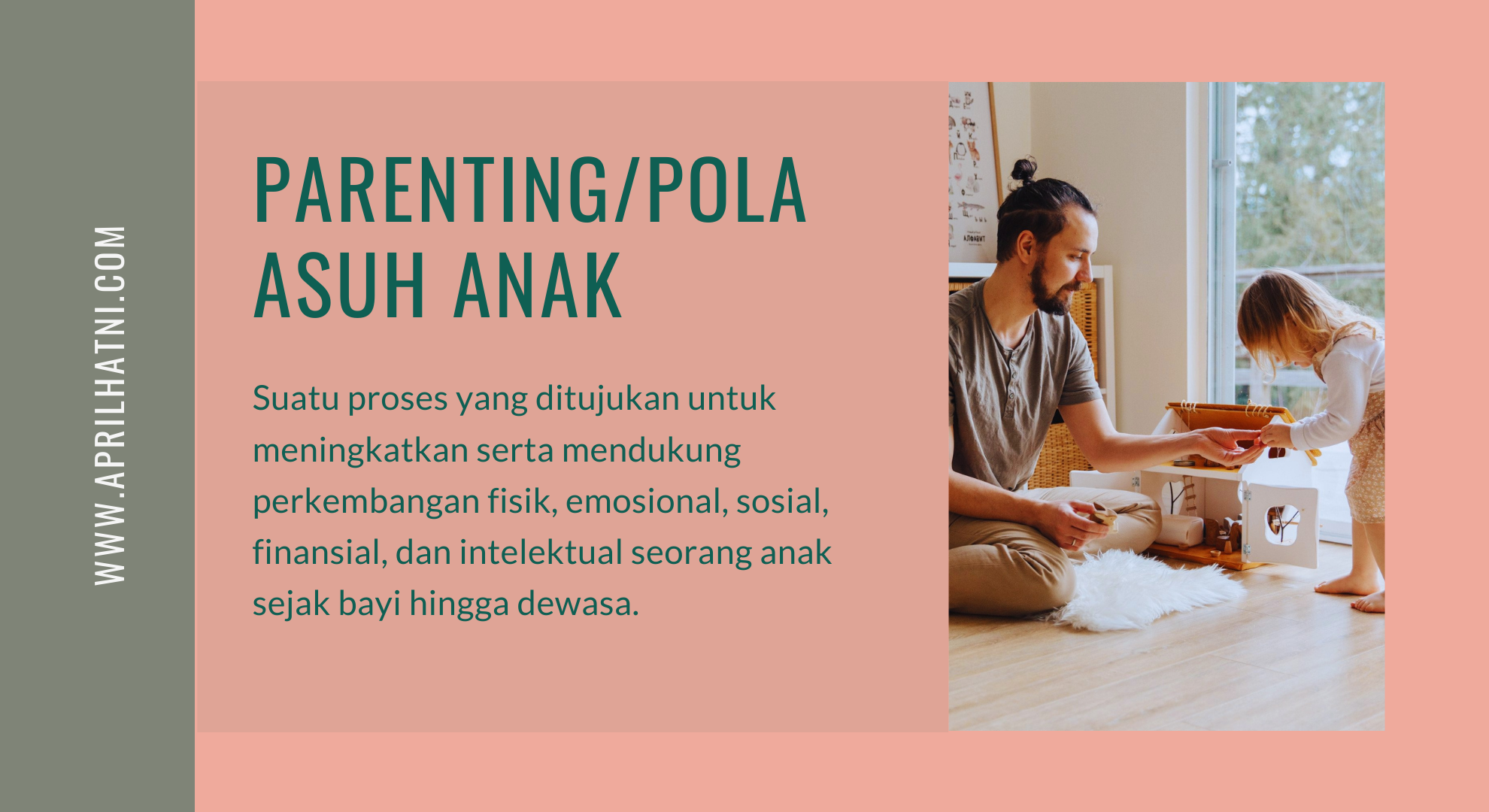Understanding Pedagogy
Pedagogy is the study and practice of teaching and learning. It encompasses the theories, strategies, and techniques that educators use to facilitate effective instruction. Pedagogy is both an art and a science, requiring both creativity and evidence-based practices.
Theories of Learning
Various theories of learning provide a framework for understanding how students acquire knowledge and skills. Some of the most influential theories include:
- Behaviorism: This theory focuses on observable behaviors and the role of reinforcement in learning.
- Cognitivism: This theory emphasizes mental processes such as attention, memory, and problem-solving.
- Constructivism: This theory suggests that learners actively construct their own knowledge through experiences and interactions.
- Humanism: This theory emphasizes the importance of personal growth, self-actualization, and creating a supportive learning environment.
Effective Teaching Strategies
Effective teaching strategies are essential for facilitating student learning. Some of the most commonly used strategies include:
- Active Learning: This approach involves students actively participating in the learning process through activities such as discussions, group work, and simulations.
- Differentiated Instruction: This strategy involves tailoring instruction to meet the diverse needs of students.
- Assessment for Learning: This approach involves using assessment to inform instruction and help students improve their learning.
- Technology Integration: Incorporating technology into teaching can enhance student engagement and provide access to a wide range of resources.
The Role of the Teacher
Teachers play a crucial role in creating a supportive and effective learning environment. They serve as facilitators, guides, and mentors, helping students to develop their knowledge, skills, and critical thinking abilities. Effective teachers:
- Create a positive and inclusive classroom culture.
- Foster a love of learning.
- Encourage critical thinking and problem-solving.
- Provide individualized support and guidance.
- Continuously reflect on and improve their teaching practices.
Challenges and Future Trends
Pedagogy is a constantly evolving field, with new challenges and trends emerging regularly. Some of the current challenges facing educators include:
- Increasing diversity in the classroom.
- The impact of technology on teaching and learning.
- Accountability and standardized testing.
- Teacher burnout and well-being.
As technology continues to advance and our understanding of learning deepens, we can expect to see new pedagogical approaches and strategies emerging in the future. By staying informed about the latest research and trends, educators can continue to adapt and improve their teaching practices.




